BOONE, N.C. — The UNC system has taken numerous strides toward addressing a state mandate to reduce energy consumption 30 percent by 2015, but greater cultural change is needed, university officials said during presentations at the Appalachian Energy Summit held July 9-11 at Appalachian State University.
The event drew more than 250 participants. It included keynote addresses by sustainable energy expert Amory Lovins, chief scientist of the Rocky Mountain Institute.
"The UNC system continues to be good stewards of the environment given these difficult economic times, but we must seek ways to improve. We are the single largest user of electricity and water in state government and we have a responsibility to lead," said Terrance Feravich, associate vice president for finance and university property officer and newly named chief sustainability officer for the UNC system.
"We have all become very comfortable with the way we do things over the years," said Jack Colby, assistant vice chancellor for facilities operations at N.C. State University. "We are now talking about a paradigm change in terms of the way we operate our campuses and create an example for others in our state. It is our thoughts and our imagination that are going to make a difference."
For example, Colby and summit participants said if campuses are going to achieve the energy reduction goal, they must:
- Engage students to increase energy and sustainability literacy
- Integrate curriculum and research in what is typically seen as an operational challenge
- Pursue energy savings as a way to self-finance campus sustainability projects
- Promote cross-campus collaborations where best practices, technical skills and knowledge capital are freely exchanged
The UNC system has taken numerous strides toward addressing a state mandate to reduce energy consumption 30 percent by 2015, but greater cultural change is needed, university officials said during presentations at the Appalachian Energy Summit held July 9-11, 2012 at Appalachian State University.
Administrators, faculty, staff and students from the 17 University of North Carolina System campuses as well as five private universities in the state attended the summit, the first of its kind in the state.
UNC campuses spend roughly $227 million on energy each year. Energy summit participants will use information learned about best practices from other university participants to develop plans over the coming year to save energy and operate in a more sustainable manner.
Participants broke into working groups to discuss seven areas of possible cultural change: leadership, financial and regulatory considerations, academic integration, building efficiency, transportation, energy generation and distribution efficiency, and technology systems integration and management.
"We did not think we could create a playbook in two days and say here is what we are going to do," said Ged Moody, university sustainability director at Appalachian. "The Appalachian Energy Summit was about building a common understanding of the problem, of the technologies, types of solutions, types of business partners and the types of leadership mechanisms that are necessary to solve it. It will be up to each campus to create action steps."
Summit participants will reconvene next summer to review the progress made toward reducing energy use on their campuses.
"I hope that each campus will have implemented five to 10 initiatives, will have documentable energy savings, will have engaged their student community, and I hope at the system level we will have created relationships and collaborations that did not exist before," Moody said.
The UNC system has taken numerous strides toward addressing a state mandate to reduce energy consumption 30 percent by 2015, but greater cultural change is needed, university officials said during presentations at the Appalachian Energy Summita> held July 9-11 at Appalachian State University.
Energy saving successes that have already occurred at some of the university campuses include:
- installing solar thermal water heating systems and energy efficient lighting
- purchasing fleets of electric vehicles
- using performance savings contracts to pay for energy savings retrofits, such as replacing inefficient heating and air conditioning units
- installing geothermal systems for heating and cooling campus buildings
- capturing methane gas from a nearby landfill to provide electricity to campus buildings
Walter Putman, a recent graduate of Appalachian's sustainable development program who now is a renewable energy consultant with CALOR Energy in Charlotte, said students in Boone are eager to help the university reach its energy and sustainability goals. "We have a culture that supports renewable energy," he said. "In 2004 and again in 2007, students at Appalachian approved a $5 a semester fee that finances renewable energy projects on campus. When you talk about driving a culture change, we don't have to do that. We have that culture in every college on campus."
"We know that when we work together we can do anything," Appalachian's chancellor Dr. Kenneth E. Peacock told summit participants. "We have a great task ahead of us. While our campuses usually compete (with one another) in lots of ways, this is the time that we cooperate, collaborate and work together and we will make a difference for our world and all that's here."
What do you think?
Share your feedback on this story.
About Sustainability and Energy Management at App State
Appalachian State University’s leadership in sustainability is known nationally. The university’s holistic, three-branched approach considers sustainability economically, environmentally and equitably in relationship to the planet’s co-inhabitants. The university is an active steward of the state’s interconnected financial, cultural and natural resources and challenges students and others think critically and creatively about sustainability and what it means from the smallest individual action to the most broad-based applications. The university offers both undergraduate and graduate academic degree programs that focus on sustainability. In addition, 100 percent of Appalachian’s academic departments offer at least one sustainability course or course that includes sustainability, and all students graduate from programs that have adopted at least one sustainability learning outcome. Learn more at https://appstate.edu/sustainability.
About Appalachian State University
As a premier public institution, Appalachian State University prepares students to lead purposeful lives. App State is one of 17 campuses in the University of North Carolina System, with a national reputation for innovative teaching and opening access to a high-quality, cost-effective education. The university enrolls more than 21,000 students, has a low student-to-faculty ratio and offers more than 150 undergraduate and 80 graduate majors at its Boone and Hickory campuses and through App State Online. Learn more at https://www.appstate.edu.



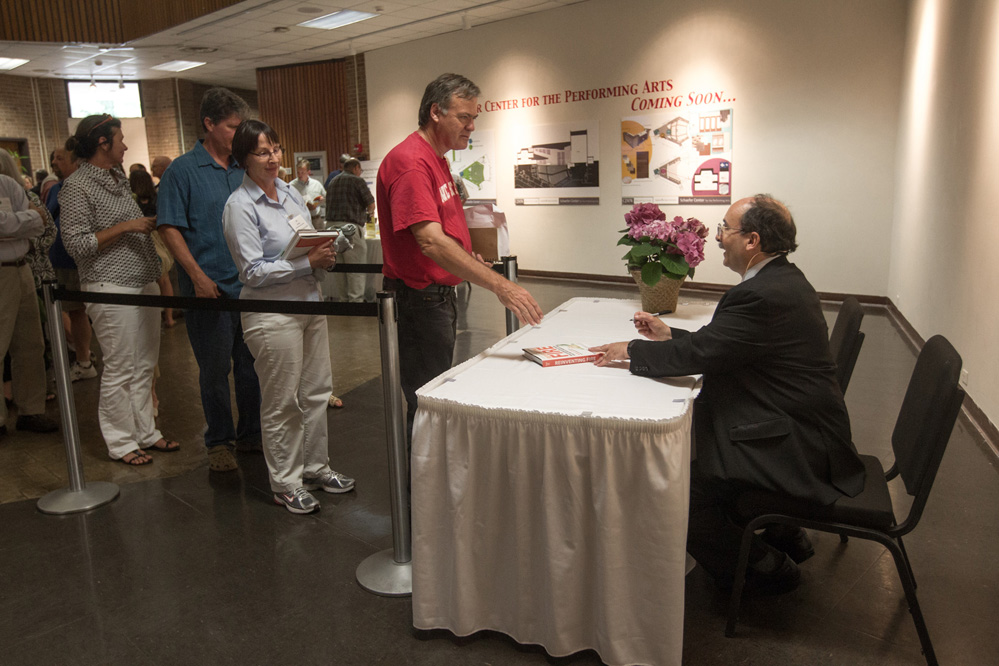
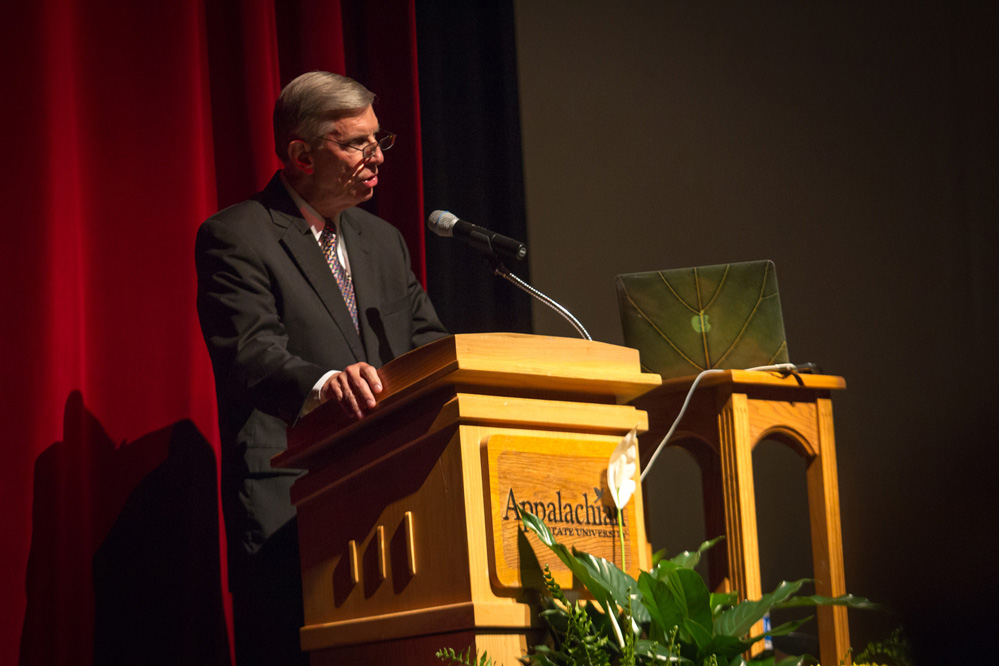
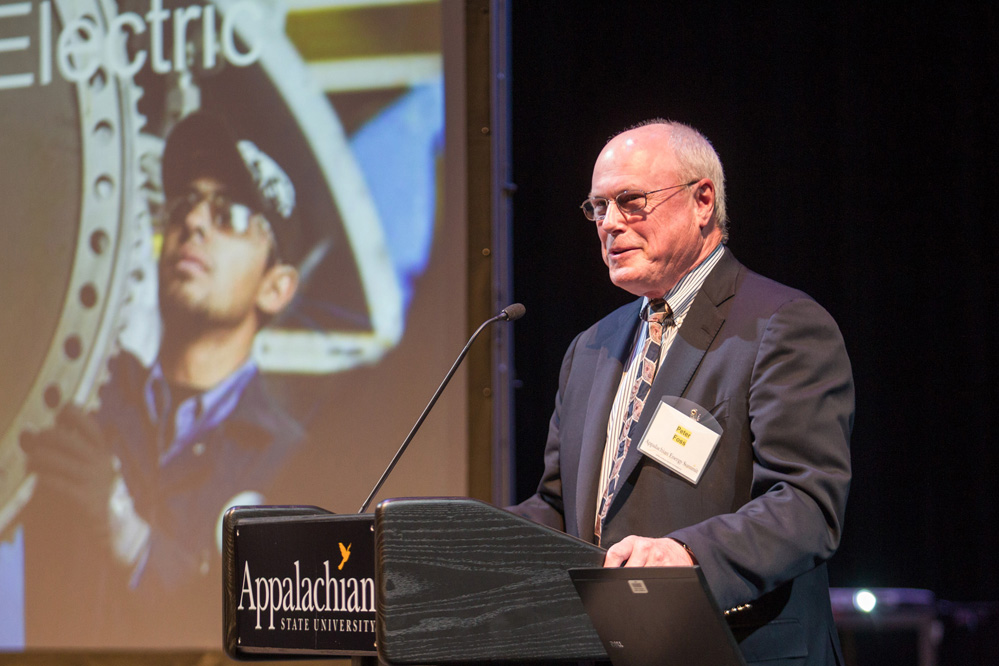
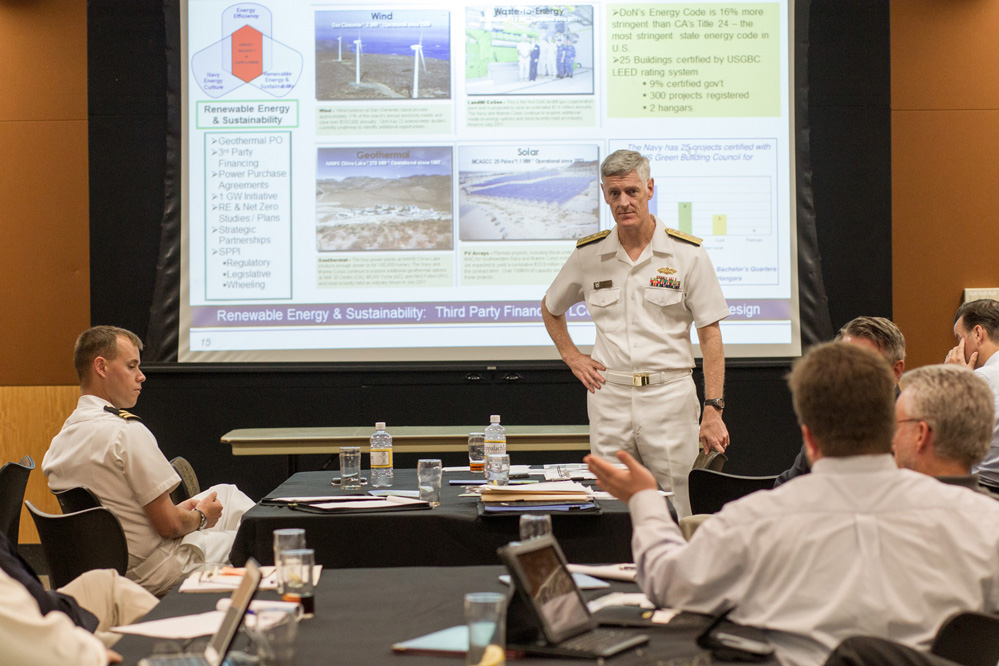

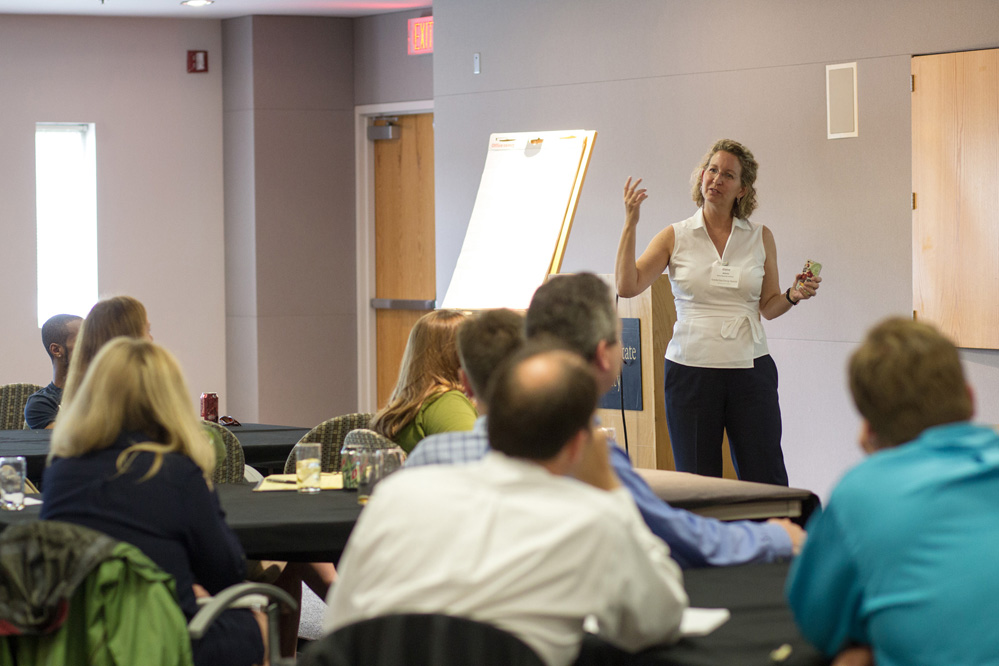

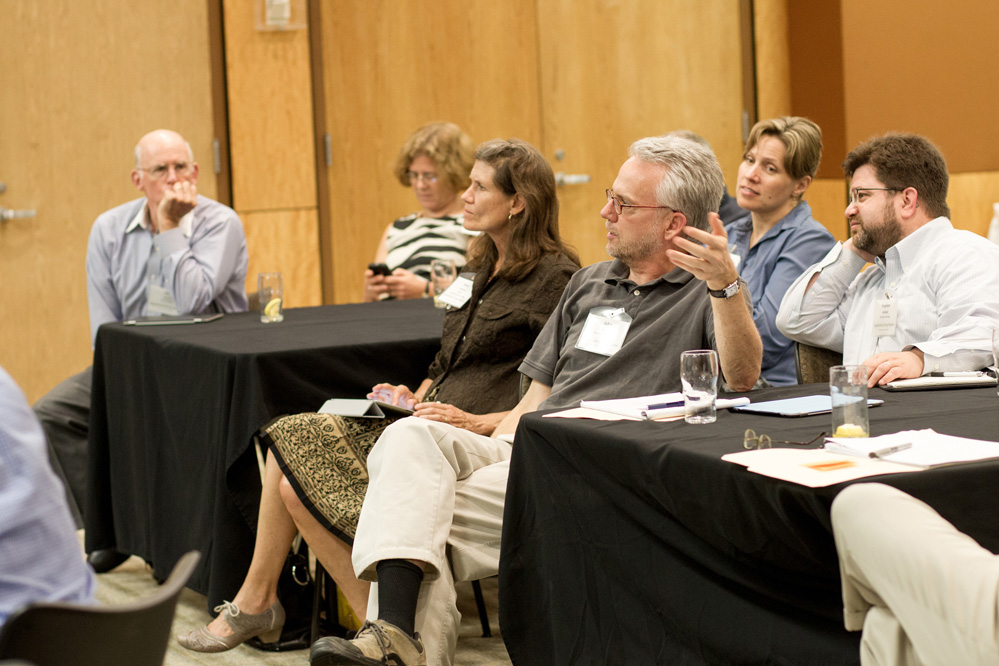
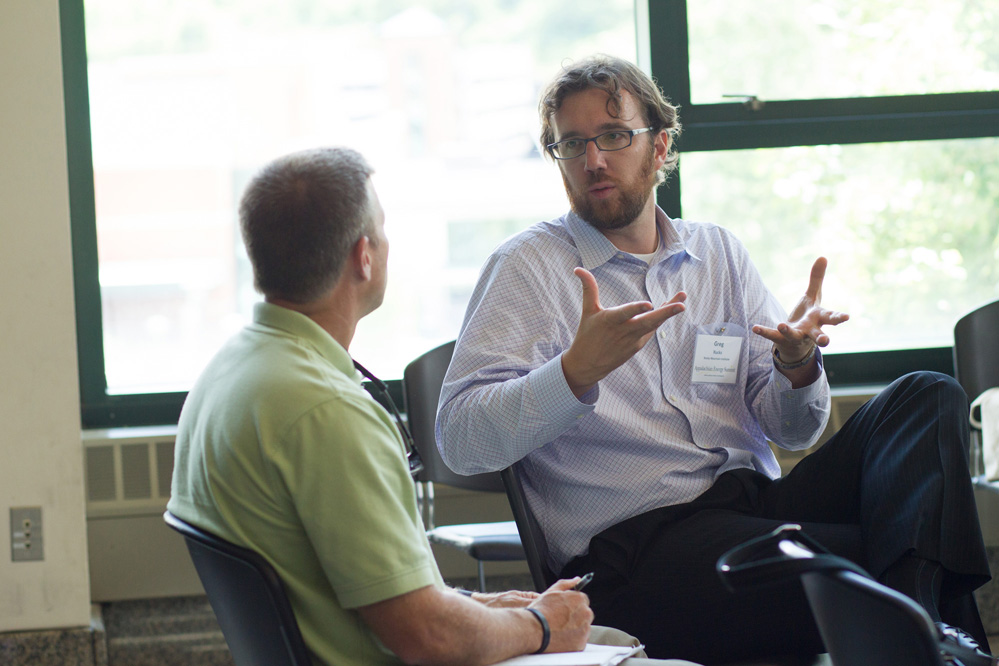

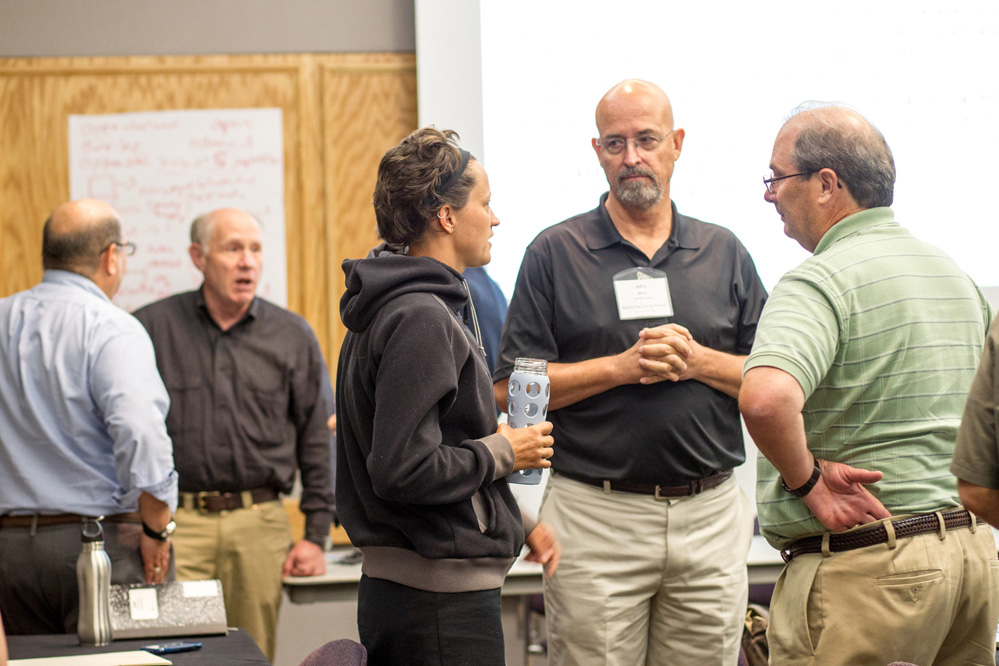
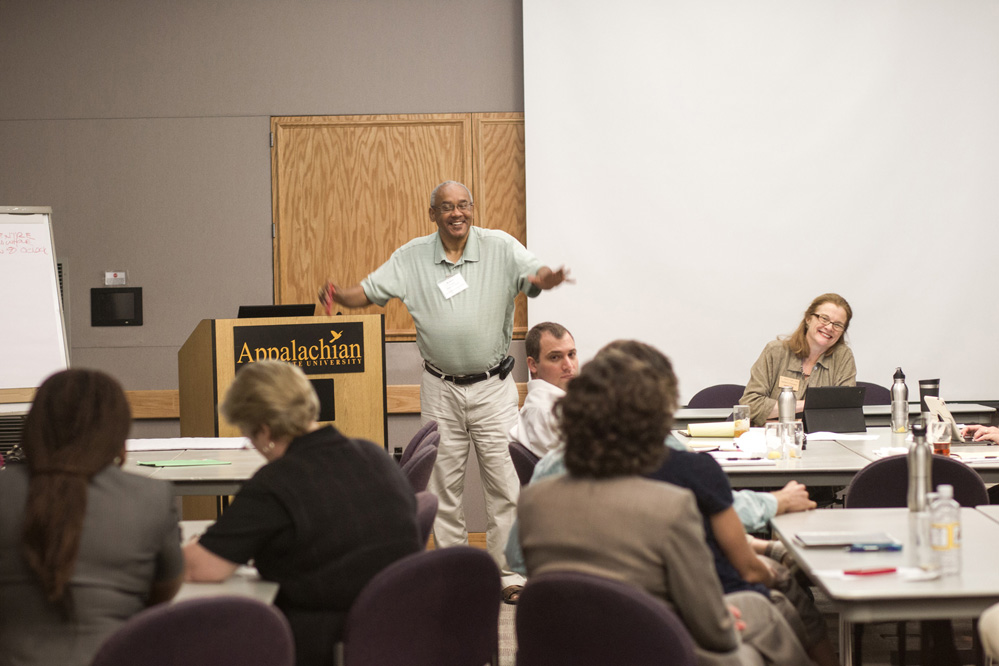
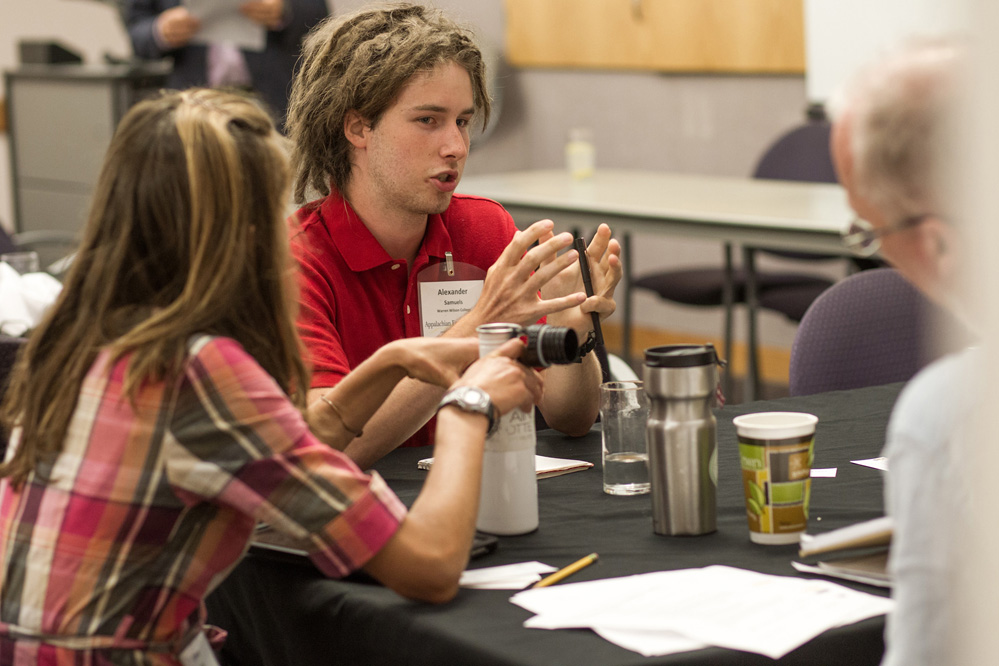




















![How NCInnovation Is Rethinking Economic Development in North Carolina [faculty featured]](/_images/_posts/2026/02/rethinking-economic-development-600x400.jpg)







